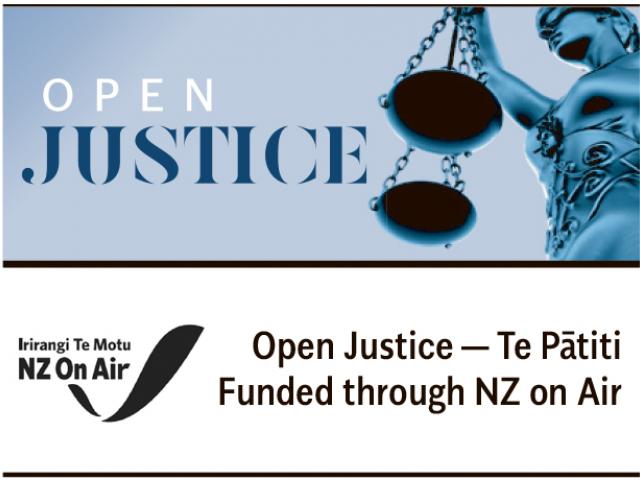
The woman, referred to by the Health and Disability Commissioner as ‘Mrs A’ was in the care of Calvary Hospital Southland Limited (Calvary) since 2015 due to her age and many ongoing health conditions.
Among other complications, she suffered from osteoarthritis in her knees, had a pacemaker and a totally replaced left knee.
In 2018, Mrs A’s mobility continued to decline.
She used a wheelchair to get around the facility and for short distances she required the assistance of two staff and a high gutter frame.
Carolyn Cooper, Aged Care Commissioner reported that the elderly woman was assessed again on March 18 when the physiotherapist recorded "do not mobilise".
They said she could "pivot" from the bed to her chair with the assistance of two staff and a handling belt, but was not to be walked.

After the fall Mrs A was assessed by nurses and she initially reported no pain, but in the evening complained of a sore left side and was given codeine phosphate.
The next day she said she had "strong pains" in her legs as well as a sore back and abdomen.
The woman was administered morphine but Mrs A still scored the pain a 10/10.
Her breathing was shallow and slow before she was admitted to the public hospital.
"X-rays indicated that Mrs A had a right distal femur fracture (consistent with her knee pain) and a left proximal femur (consistent with her left-sided abdominal and back pain)," Ms Cooper’s report said.
She was deemed unfit for surgery and morphine was administered as required.
The next day she was transferred to a ward for pain management where a nerve block was given, and a syringe driver initiated.
The following evening, March 21, 2018, Mrs A died and her death was referred to the police and the coroner. A Coronial Autopsy Report said the cause of her death was "bronchopneumonia subsequent to a fall".
Calvary acknowledged it had overall responsibility to ensure Mrs A received an appropriate standard of care.
"The changes to Mrs A’s mobility plan were handed over to the appropriate clinical staff verbally, but this is not documented and there is no evidence that clinical staff reviewed this information prior to commencing their shift," Calvary said in response to the report.
An in-house aged-care adviser, Registered Nurse (RN) Johnson-Bogaerts, said Mrs A’s progress notes and care plan were "updated correctly and in a timely manner" but that the instructions above her bed were "somewhat ambiguous".
"Documentation of the incident, nursing assessments, and outcomes was lacking and not in line with the organisation’s procedures and accepted practice within the Nursing Council’s standards," RN Johnson-Bogaerts said.
He also said the lack of follow-up assessments following Mrs A’s fall was a minor deviation from accepted practice.
"In my view, the overall co-ordination of Mrs A’s care between staff members at Calvary in relation to her mobility was inadequate," Aged Care Commissioner Ms Cooper reported. "In my view, these deficiencies indicate a pattern of poor documentation at Calvary, which I find concerning."
Calvary said that since the incident, it implemented a "traffic light system" above patients’ beds for more clarity, continued to use handover forms and implemented a computerised system to more easily share handover notes, as well as other changes.
"All staff who were involved in Mrs A’s care following her fall advised that they have reflected on the circumstances and have reviewed their patient records, handover, post-fall assessments, and documentation standards," Ms Cooper reported.
"Calvary said that while only a few of the staff members involved in the incident are currently still employed by Calvary, it continues to use Mrs A’s case ‘as an example of how things can go very wrong when people don’t take notice of instructions’."
Ms Cooper recommended Calvary write a formal apology to Mrs A’s family and provide training to its staff on co-ordination of care.
Calvary Hospital Southland Ltd has been contacted for a response.







